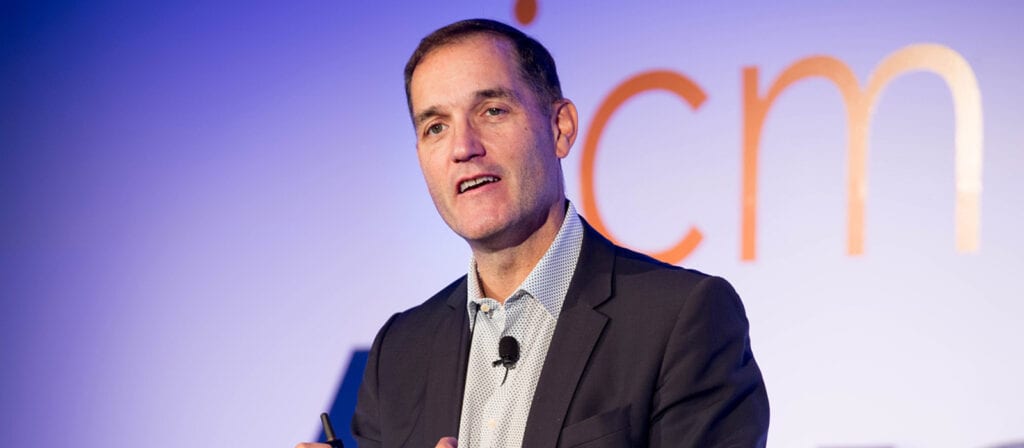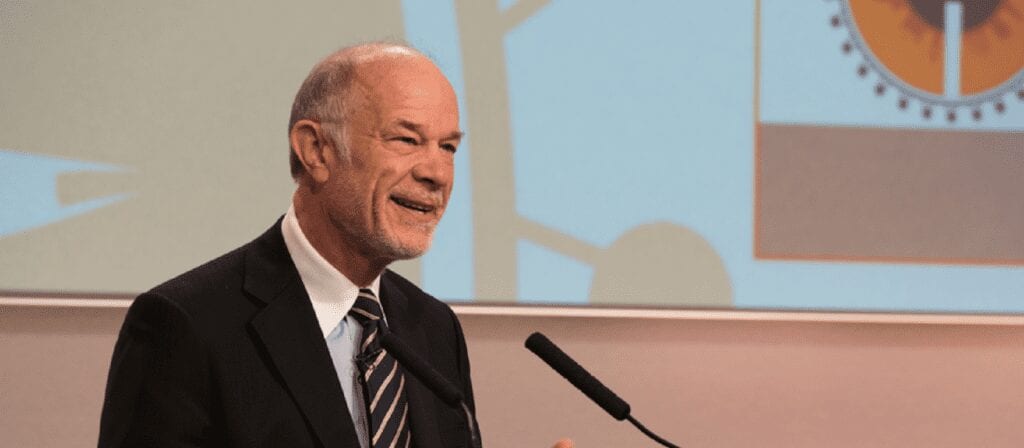Today perceptions of what is possible have shifted, thanks to emerging technologies such as artificial intelligence, big data and the Internet of Things (IoT). Health advances will shift from wearables and online patient/doctor interaction to instantaneous diagnostics and treatments. Robotics will perform specialty surgery with a doctor monitoring the procedure from her office thousands of miles away. Lifespans will continue to increase, and artificial components will create a generation of bionic people.
Demographic shifts have created a new class of customers that has challenged suppliers to create a new era of customer experience. Younger generations (millennials), who grew up with all this technology, demand speed, convenience and personalisation and will dominate the consumer base workforce.
Creativity and innovation are already recasting the definition of risk. Innovations that exist today are both enabling and challenging insurance: for example, 3D printing: whilst it solves problems, it also creates multi-dimensional risks. Enabling technology such as Blockchain has the potential to improve efficiencies and security in claims handling (reducing human error) but we are yet to see its full range of risks.
In today’s world, harnessing big data allows insurers to better understand risks but new categories of risk will arise alongside these technological advancements. Cyber liability is evolving as both a threat and an opportunity for insurance.
Regulators will ensure new entrants (BigTech companies or InsurTechs) will not “run away” and take control of the industry. Regulated entities will most likely become more specialised in underwriting and claims handling, rather than capital-providing. The operations of companies will change, and the future will involve collaboration between technology and human services.
Insurers will have large technology departments, and the most successful companies will have integrated these directly into their operating strategies and management philosophy. They will also strategically engage in partnerships within the technology ecosystem.
However, the emergence of the sharing economy reflects the ongoing power of community values, and so the mutual model may “experience a resurgence”. Companies with a meaningful purpose or social benefit will attract the customer of tomorrow. Underwriting will continue to become more precise and personalised, and so niche companies – intimately familiar with their policyholders – will have a distinct advantage. Insurance today is a localised business, and it may very well remain so in the future.





